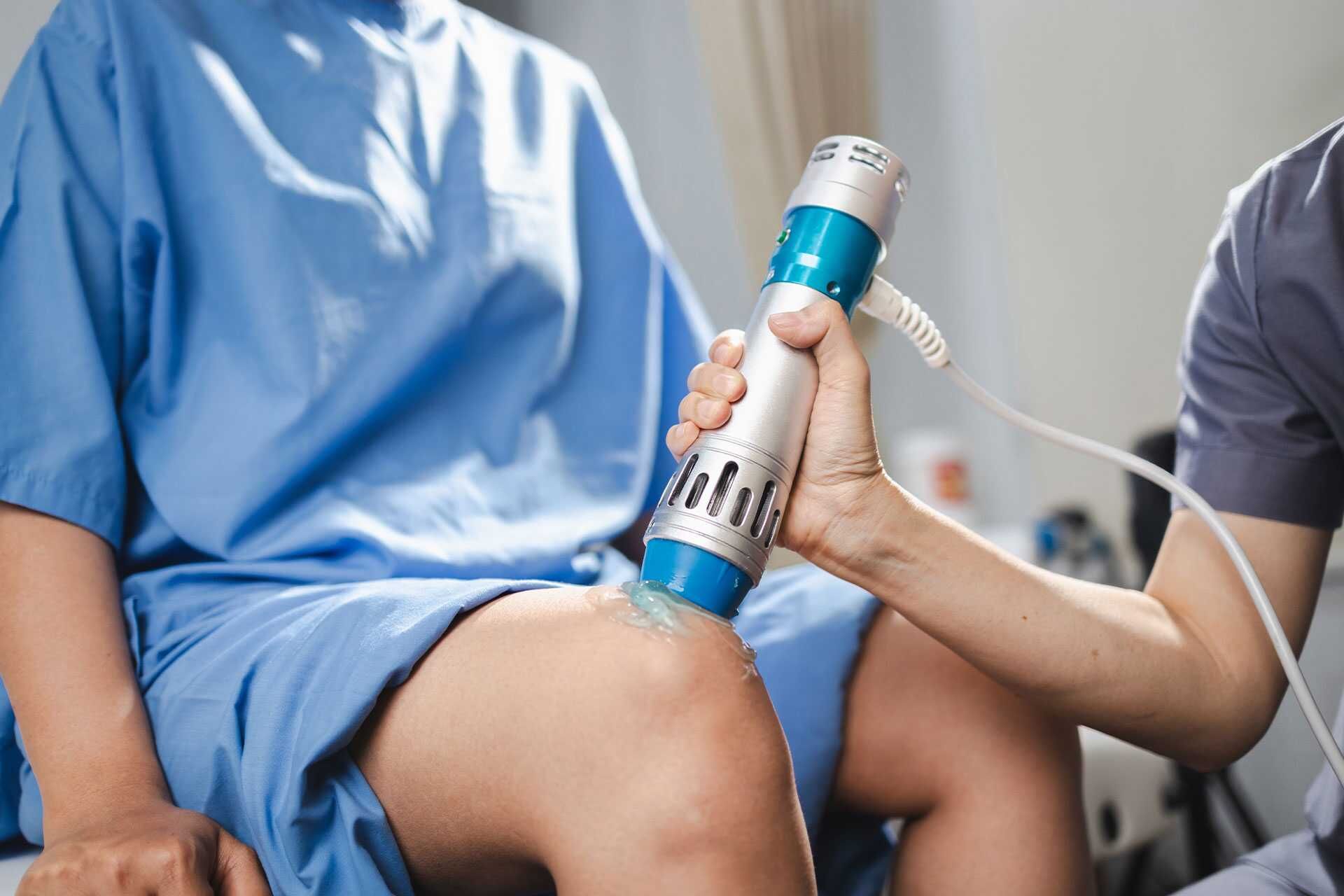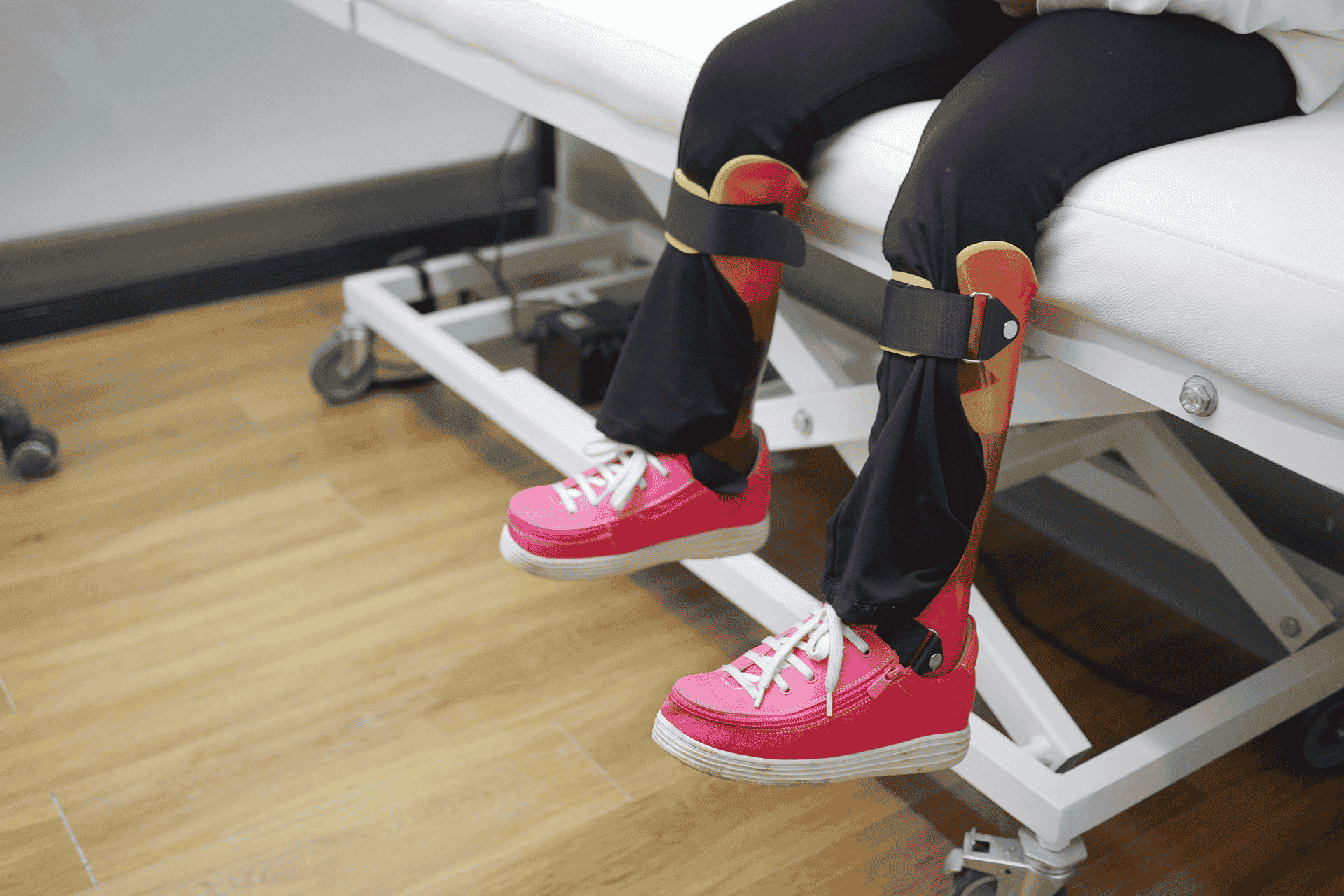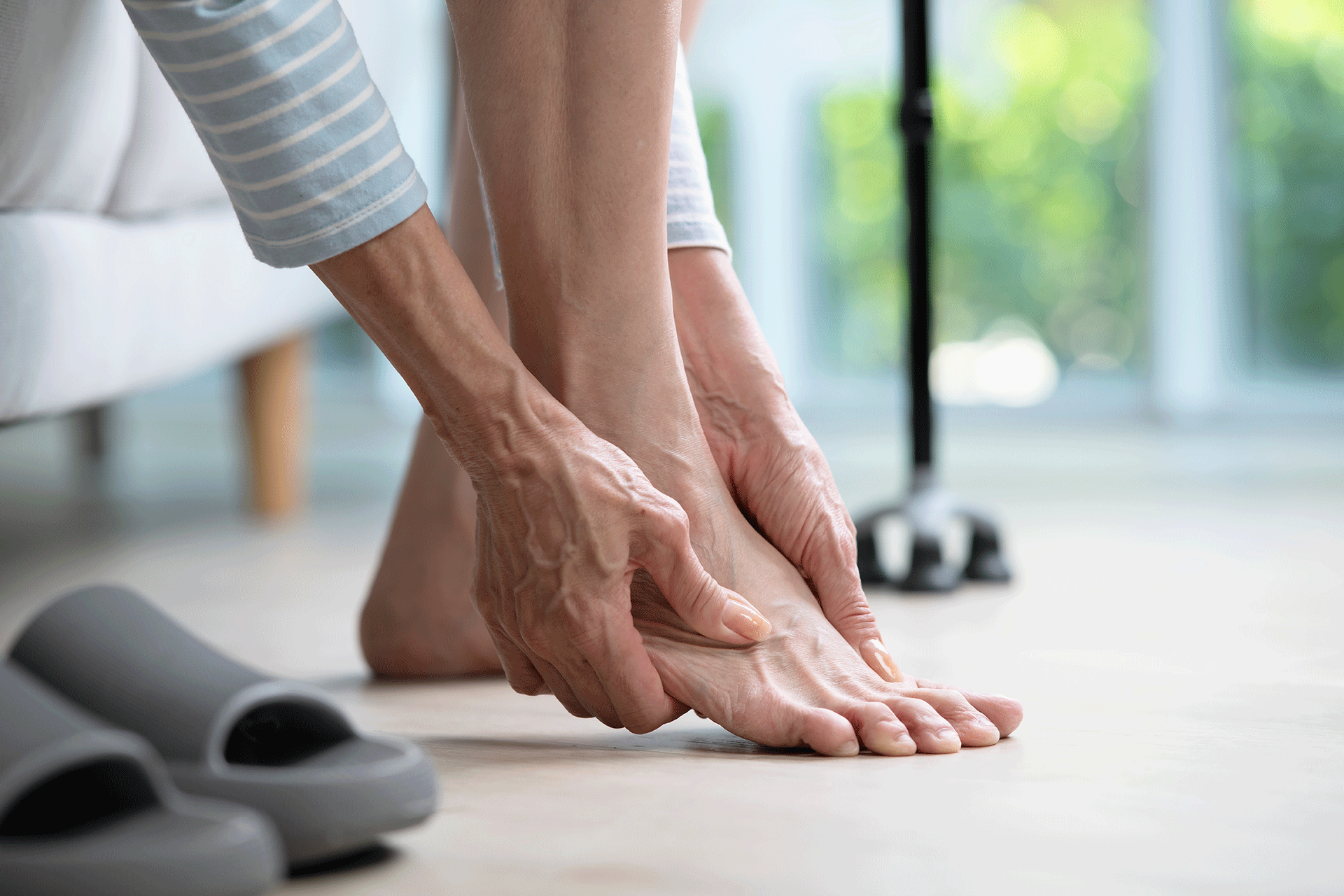5 Common Signs of Carpal Tunnel Syndrome
Have you ever wondered, what is carpal tunnel syndrome? This common condition, in which there is swelling inside the wrist, creates compression. The cause could be simple repetitive movements, fracture or trauma to the wrist, or an underlying medical condition such as diabetes, rheumatoid arthritis, or thyroid dysfunction. Sometimes there is more than one-factor causing carpal tunnel syndrome symptoms.
In this article, we’ll focus on 5 of the most common symptoms, as well as carpal tunnel syndrome treatment options.
What is Carpal Tunnel Syndrome?
Carpal tunnel syndrome is a condition caused by pressure on the median nerve. When the median nerve compresses, it can result in numbness, tingling, or weakness in the hand or arm.
The median nerve runs the length of your arm and goes through the wrist, and ends in the palm side of your hand called the carpal tunnel. It controls the movement of your thumb and fingers except for the pinky. Anything that irritates or damages the median nerve may lead to carpal tunnel syndrome.
Signs:
o Aching near the wrist
Pain patterns can vary when it comes to carpal tunnel syndrome. Even in the early stages, the result can be aching in the wrist, palm, fingers, and arm, and in some severe cases, pain can even radiate up to the shoulder.
o Numbness in thumb + first three fingers
Loss of feeling or complete numbness in the thumb, index, middle, and ring fingers can be signs of a pinched median nerve. This can affect your ability to do everyday tasks such as fastening buttons or opening bottles. When you’re sleeping in one position and not moving, numbness can become worse. Holding a phone or steering wheel can also trigger this symptom.
o Pins and needles in fingers
You’ve probably experienced the tingling sensation known as pins and needles when your hand is in an awkward position for a while. It’s caused by the blood flow being interrupted or nerve compression. Carpal tunnel syndrome can create a more intense version of pins and needles. It’s a sensation that usually affects the thumb and first two fingers but may extend to other areas of the hand and arm.
o Weaker handgrip
A weak hand grip is one of the most common carpal tunnel syndrome symptoms. Small objects, in particular, can be hard to grasp. Grip weakness usually starts gradually and worsens if the condition isn’t treated.
o Frequently dropping things
One of the early carpal tunnel syndrome symptoms is accidentally dropping things regularly. The loss of feeling in the hands and fingers can make it difficult to hold a phone and leave you feeling clumsy.
How It Can Be Treated
When it comes to carpal tunnel syndrome treatment, it depends on how severe the pain and symptoms are. Like many conditions, it tends to worsen over time, and the earlier you address it, the better.
Wearing a
braceor splint that holds your hand in a neutral position and keeps you from bending your wrist, especially at night while you sleep, helps reduce pressure on the median nerve. Wearing a brace when doing actions that aggravate your symptoms can also provide relief.
Corticosteroid injections such as cortisone can decrease inflammation and swelling to alleviate pressure on the median nerve. Some medications, such as ibuprofen, can also help reduce pain in the short term.
A doctor or therapist might recommend activity changes, and exercises can help some patients move the median nerve within the carpal tunnel.
Surgery is generally the last resort.
Contact Us!
Delta Physiotherapy & Rehab in Mississauga offers personalized care and a wide range of therapies to eliminate pain from carpal tunnel syndrome and other conditions.
To schedule your appointment, please call 905-270-3086 or
book online.










